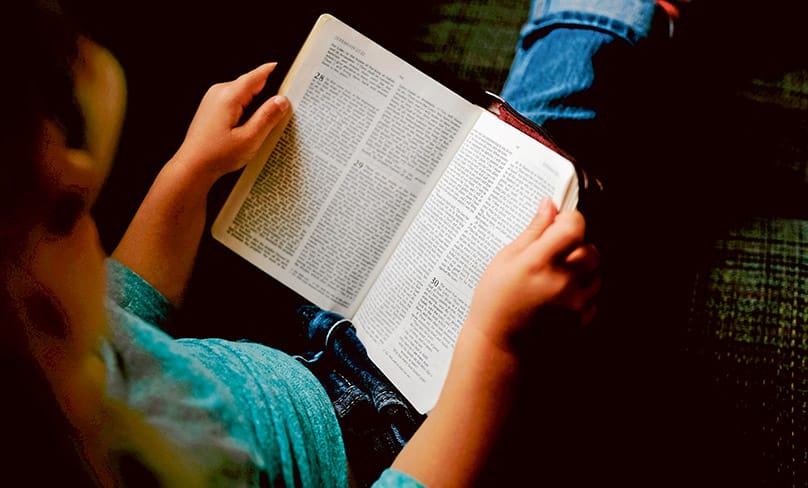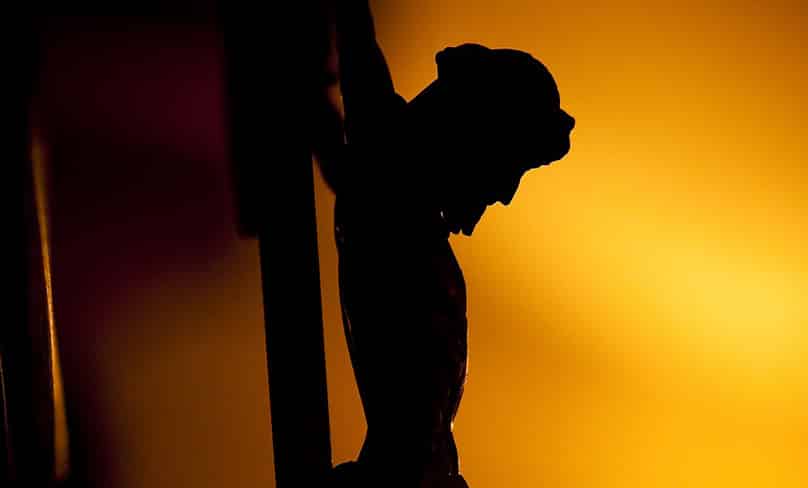
The place of faith has been prominent in the media in the last week, with two Facebook polls associated with mainstream media programmes asking the same question, “Should religious education be taught in state schools?” – and 219,000 Australians have responded.
Thank you to all those who participated in these polls in support of SRE. Thanks to those of you, too, who prayed and showed your support even though you aren’t on Facebook.
The Current Affair poll ended up in support of SRE 51 per cent to 49 per cent. The ABC Brisbane poll (that was responded to nationally) finished at 56 per cent to 44 per cent in favour of SRE.
This is a great reminder to our society that there are many people standing behind the important work that our catechists and SRE teachers do in public schools each week.
However, beyond the Facebook polls, it is crucial that we as Christians initiate and engage in conversations around faith: these one-on-one conversations are so important at this time.
It’s great to have around 113,000 people vote ‘yes’ for SRE – even better would be over 120,000 relational face-to-face conversations about faith life values and the benefits of SRE.
We encourage Christians wherever they are to have faith, life and values conversations with the people around them – in the workplace, at the school gate, with your neighbours, etc.

You may also have seen an article in The Sydney Morning Herald (Monday 8 July) about low attendance in SRE classes in certain Sydney High Schools. Articles like this unhelpfully pick and choose schools for a sensational headline, rather than to give an accurate picture.
In many high schools SRE is offered to Years 7-10, not including Years 11 and 12, (or Years 7 and 8 only), which also skews the numbers if this is then averaged across the whole school. Note that even in their list there were schools with SRE attendance rates at 84 per cent and 71 per cent.
SRE is a choice. Parents can choose SRE. Within SRE they can choose a faith that aligns with their family, culture or beliefs and values. Parents can choose for their child not to be involved in SRE.
More than 430,000 children attend SRE classes in New South Wales and another 40,000 attend Special Education in Ethics classes. This clearly demonstrates that parents want the right to choose these options for their children.
In some schools close to 100 per cent of students attend SRE classes because their parents have exercised their right to choose a values-based education for their child at that school.
Sadly, SRE is not offered in some schools so parents don’t have the choice to send their child to SRE classes at those locations.
There are more than 100 providers of SRE in New South Wales and some of them can’t find enough teachers, so that also impacts on the numbers of children attending SRE classes.

Although the Teachers Federation speaks of SRE as something that takes away from students of diverse cultural and religious backgrounds, research has shown the reverse to be true.
SRE involves 29 providers from non-Christian faiths, which allows people from those cultures and backgrounds to feel an important part of the NSW government schooling system as their beliefs and family values are acknowledged and catered for in the school week.
It allows students the opportunity to explore their own belief and identity from their own particular cultural and spiritual background, with people of their faith community.
Further to their research into SRE last year, international scholars Professor Zehavit Gross and Professor Emerita Suzanne Rutland are due to release a paper at Parliament House in August about the benefits of SRE for multiculturalism as it plays a key role in strengthening social cohesion and reducing extremism.
SRE provides a vital link between multicultural communities and school communities through faith education.
Faith Education in public schools is a partnership between parents, schools and faith groups that gives parents an opportunity to choose the values they want taught to their children. SRE is a core way in which young people form values, and Christian SRE is a place where young people can discover hope for the future through Jesus and overcome challenges in life.
These school holidays, take the time to pray for the many catechists and Christian SRE teachers (over 10,500 in NSW) as they enjoy a rest and prepare for the upcoming term.
Pray specifically for the schools in your local area and for the SRE work there. Pray for opportunities to have significant faith conversations with those around you, bringing grace and hope.
Related stories:
